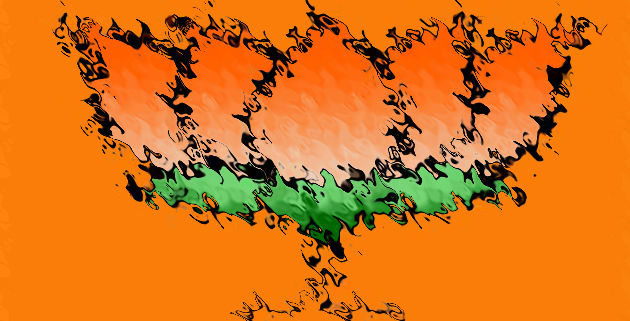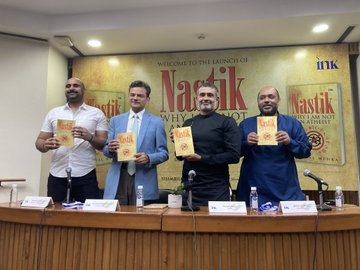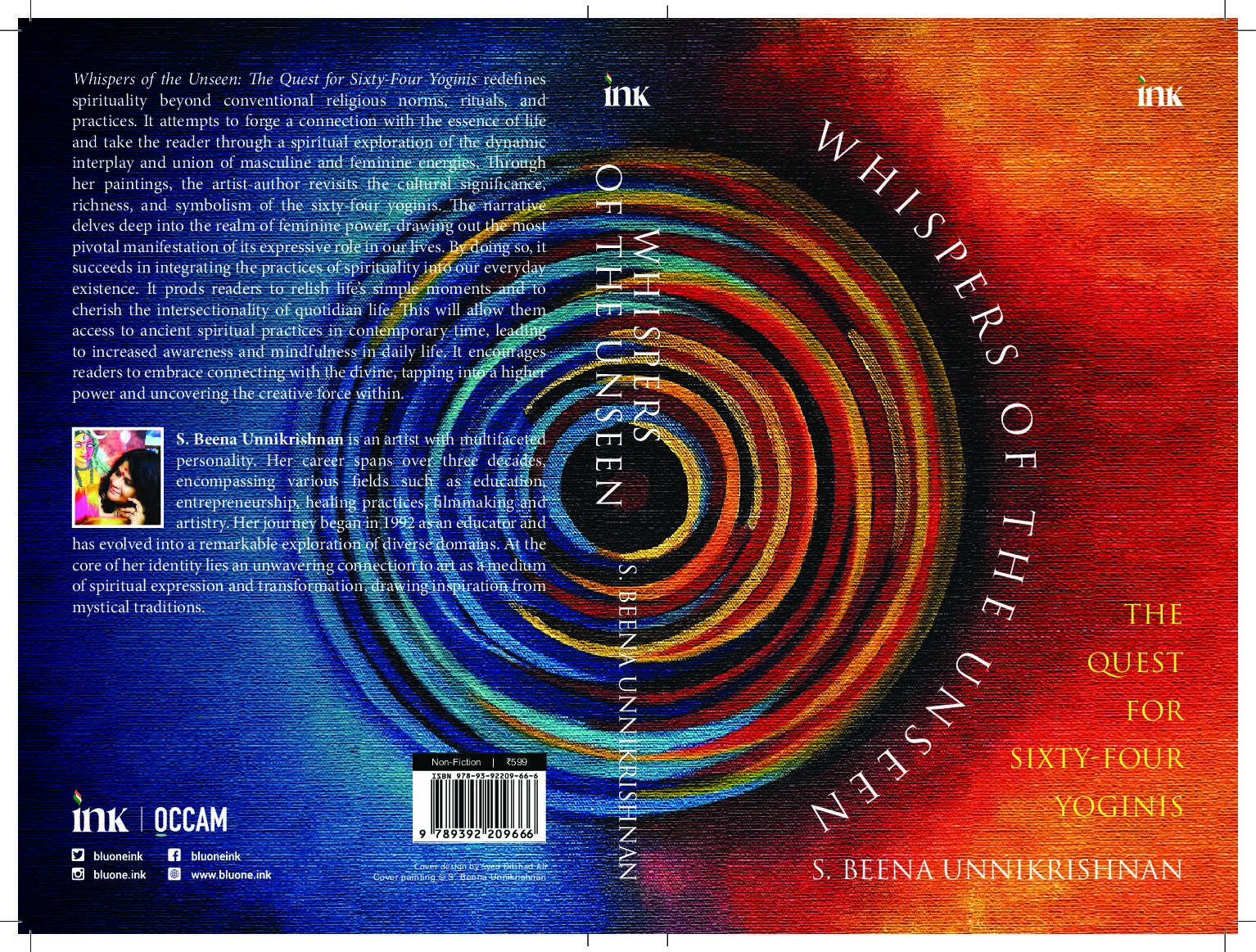Caste blooms, lotus wilts
Ravi Shanker Kapoor | April 30, 2016 12:59 pm

The Gujarat government’s decision to introduce an ordinance to provide 10 per cent reservation for economically backward classes (EBC) among upper castes is a distressing development on many counts. And it is distressing not only for that long-forgotten virtue called merit but also the country and the Bharatiya Janata Party.
Chief Minister Anandiben Patel has announced that the quota will be available to those with an annual income of Rs 6 lakh or less. The announcement, intended to placate the Patel community which has been agitating for reservation, was made at the state party headquarters after a core committee meeting. Among others, BJP president chief Amit Shah, Anandiben Patel, and senior ministers from the state participated in the meeting. The state government has said that it would fight a legal battle as, with 10 per cent additional quota, the 50 per cent set by the Supreme Court has been breached.
In other words, the ruling party, both in the state and at the Centre, is ready to defy the apex court. It would support reservations, caste-based criteria, and other such abominations for whose phasing out it should have been working in the last two years. But the BJP has wasted two years in indulging in the same machinations that have debased Indian politics and executing the same policies that have been the bane of the economy. India Inc, indeed the global investing community, was looking forward to bold initiatives to improve the business environment, boost growth, galvanize development, and boost employment generation. But Prime Minister Narendra Modi, relying on his Finance Minister’s ‘incrementalism,’ has missed the bus, thus giving rise to the same cynicism about politics and pessimism about the economy that prevailed in the last days of the United Progressive Alliance regime.
It needs to be noted that the Patel agitation in Gujarat and the Jat movement in Haryana took place after the patience of people had run its course. Therefore, these stirs—and Rajputs in UP have also started agitating in a similar manner—should be seen as symptoms of the disease rather than the disease itself. And capitulation, as it has happened in both states, takes care of neither the affliction nor its symptoms.
The BJP governments, at the Centre and in states under it, have not only failed to revive the economy and general employment—after all, if there are jobs aplenty, there won’t be a scramble—they are also guilty of fostering forces and proclivities that militate against the party’s own nationalist ideology. It is a well-known fact that the BJP gains only when the people of India rise above caste, as it happened in 2014; otherwise, the Lalus and the Nitish Kumars rule the roost. This is also the reason a large section of intellectuals overemphasize and magnify the phenomenon of caste. Rajni Kothari even celebrated this nuisance, calling it “the great secularizer.”
The RSS understands this fact; it has frequently called for a debate on reservations. But the votaries of realpolitik invariably torpedo any demand for rethink on caste-based quotas. Worse, they also invariably succumb to the claims of caste groups. Expedience eclipses principles.
And not just the principles of nationalism; even the basic purpose—the uplift of those strata of society that have suffered religiously sanctioned discrimination—gets defeated. For instance, there are caste groups within Scheduled Castes that have garnered a big chunk of the reservation benefits over the decades, thus adversely affecting several other groups; fairness calls for a rethink; but even a mention of this reality draws howls of protests from professional revolutionaries and vested interests.
The acceptance of the Mandal Commission Report, a major 20th century fraud, was the original sin of post-liberalization India. Sin has consequences: if Yadavs can get quota benefits, why not Jats who are little better than or different from them?
In a nutshell, the BJP and the Modi government, instead of effecting a fundamental change in politics and economy, have chosen to make a tryst with continuity, the loud assertions of being a post-Nehruvian dispensation notwithstanding. Yesterday, it was Jats, today Patels, tomorrow it may be Rajputs. How often I am reminded of the French saying: the more things change, the more they remain the same.






























